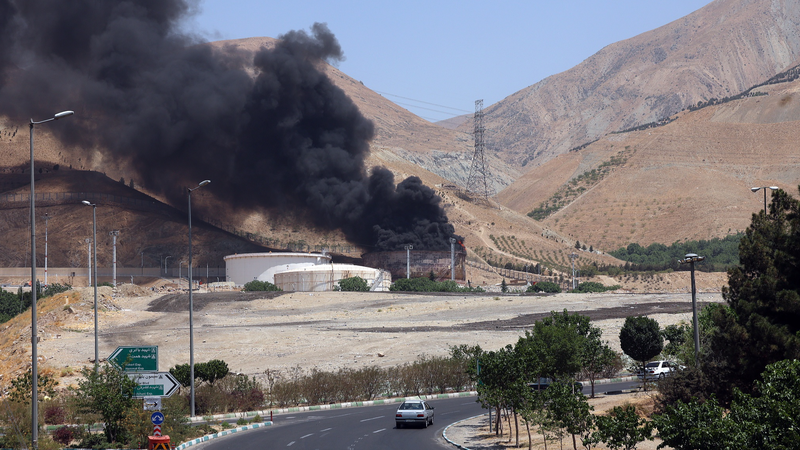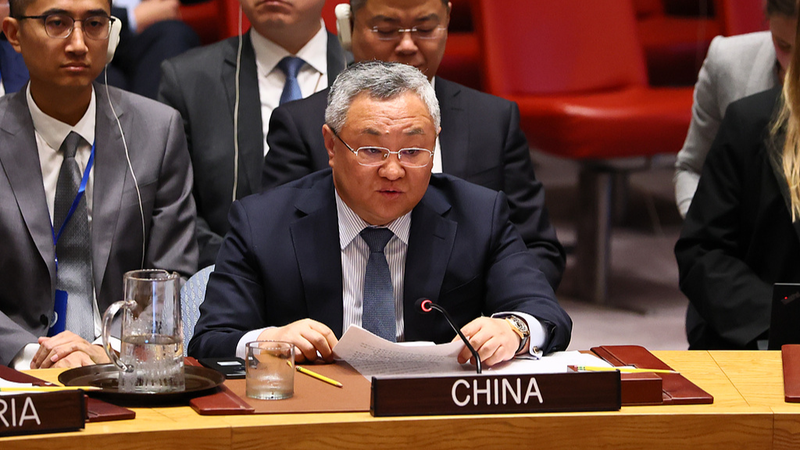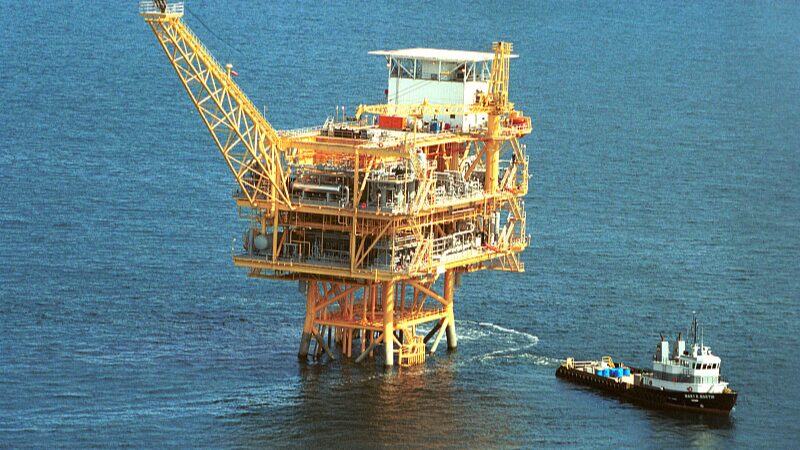Rising geopolitical friction between Israel and Iran is casting a long shadow over global energy markets, with analysts warning that prolonged conflict could reshape oil supply chains and test economic resilience worldwide. The stakes are particularly high for Asia, which relies heavily on Middle Eastern crude imports to fuel its growing economies.
"Oil prices have become a barometer of regional stability," said Ge Lin, an economic commentator, in a recent analysis. "Any escalation risks disrupting critical shipping lanes like the Strait of Hormuz, through which 21% of global petroleum passes."
Benchmark Brent crude has already seen volatile swings this month as both nations exchange warnings. While direct military confrontation remains unlikely, experts note that proxy conflicts and maritime disruptions could sustain a "risk premium" on oil prices for months. This comes as Asian nations grapple with inflationary pressures and post-pandemic recovery efforts.
The situation presents complex challenges for businesses and policymakers. Renewable energy investments in Southeast Asia have accelerated by 12% year-on-year, according to preliminary data, as countries seek to mitigate fossil fuel dependencies. However, analysts caution that green transitions require time most economies cannot afford during immediate crises.
For the Asian diaspora and global investors, the tensions underscore the need for diversified energy portfolios. Meanwhile, travel industry observers warn that sustained high fuel costs could lead to pricier airfares, potentially dampening tourism recovery across popular Asian destinations.
As diplomatic efforts continue behind closed doors, markets remain attuned to every development. The coming weeks may prove decisive in determining whether economic pragmatism can prevail over escalating rhetoric.
Reference(s):
cgtn.com








